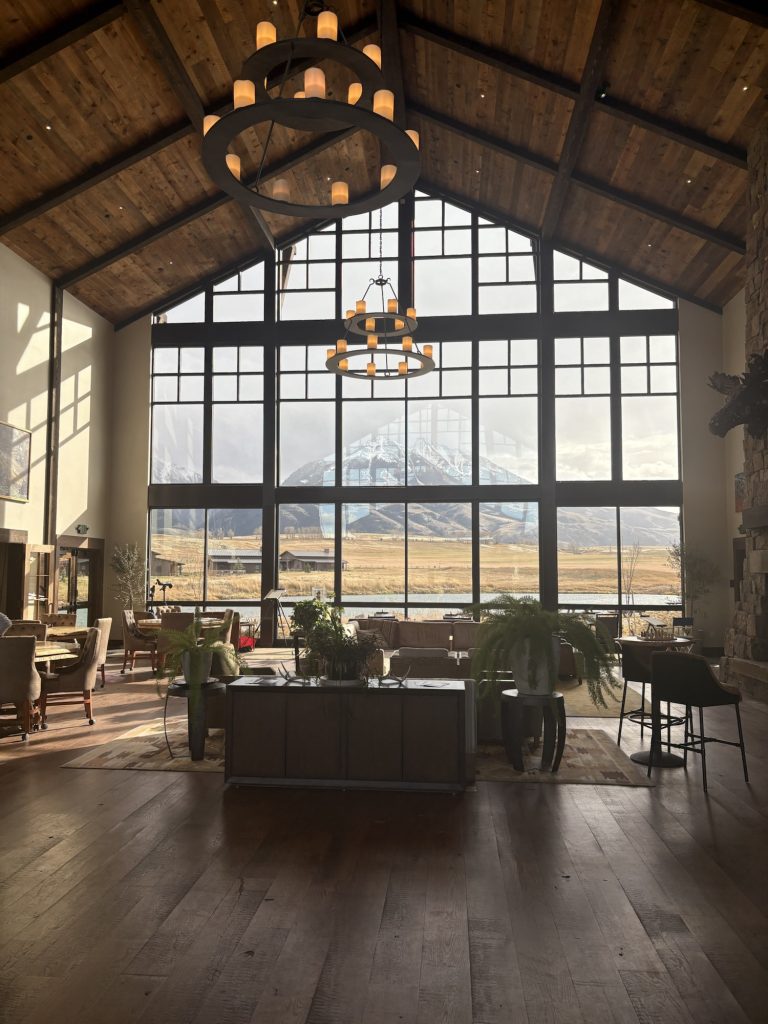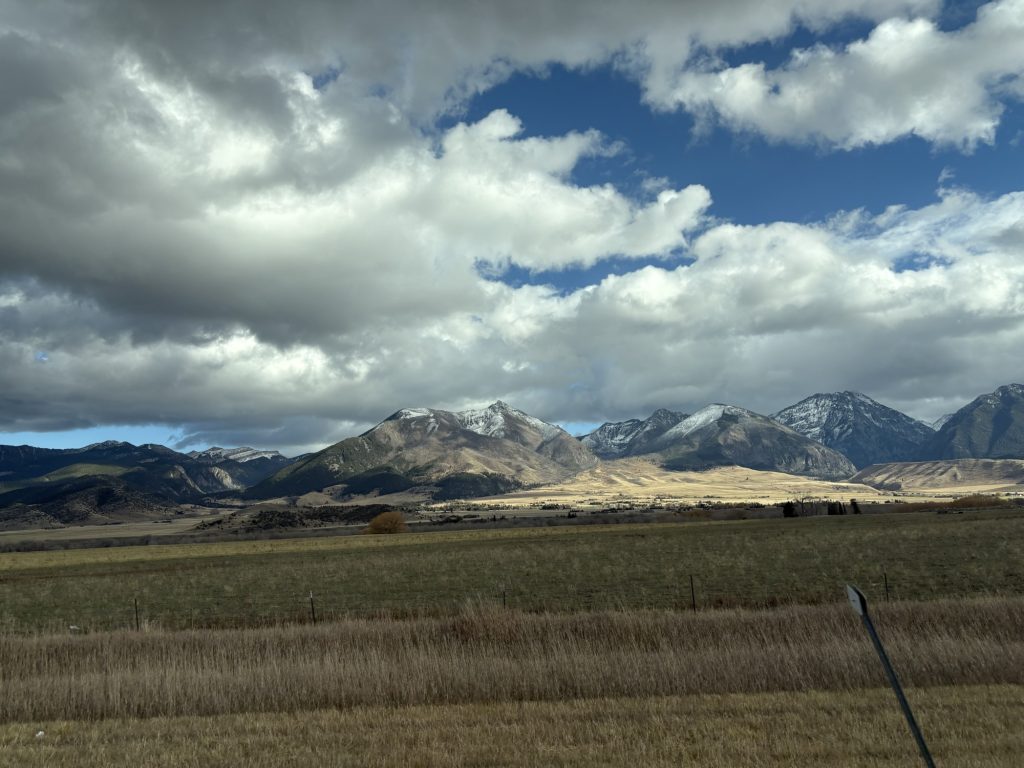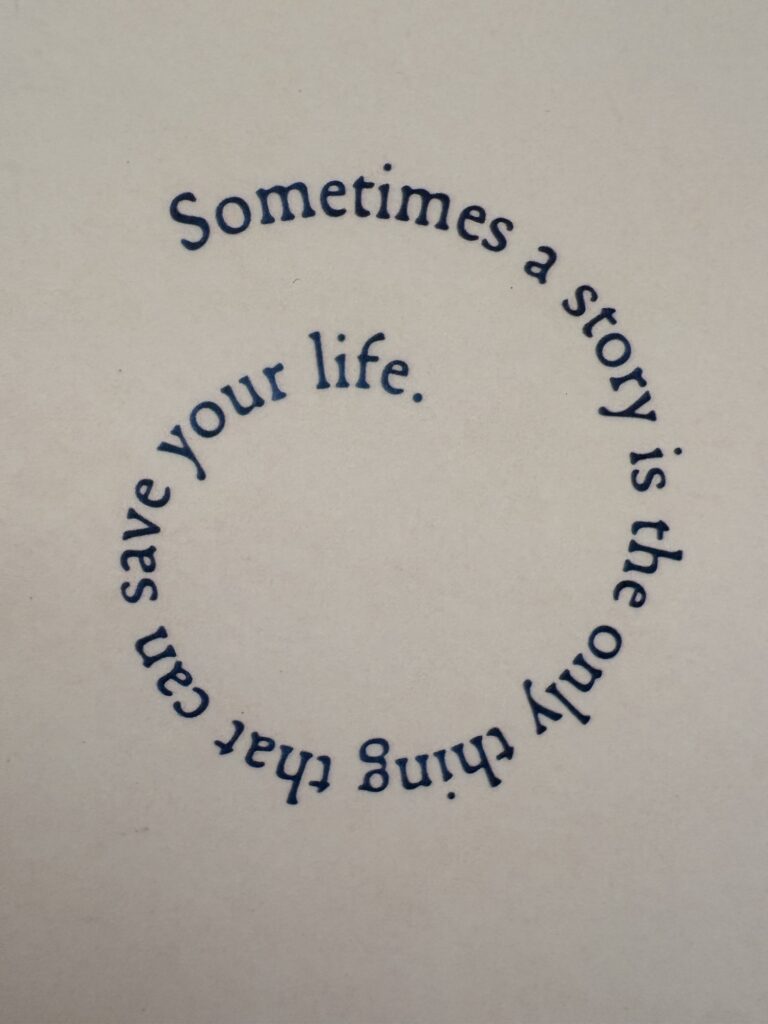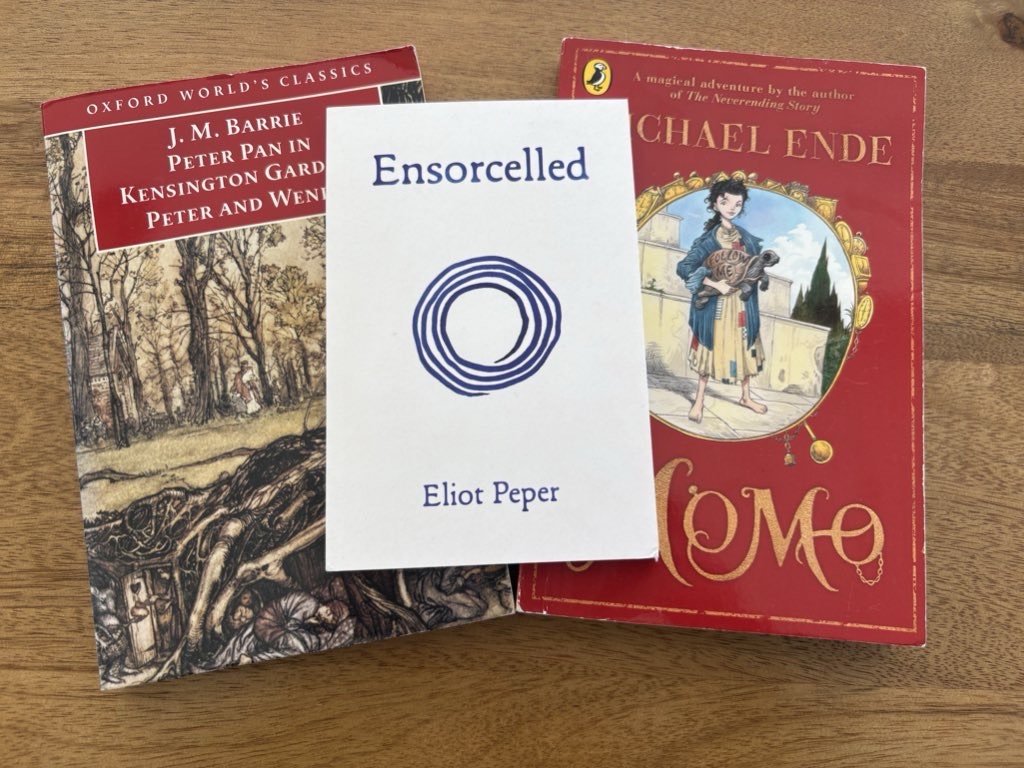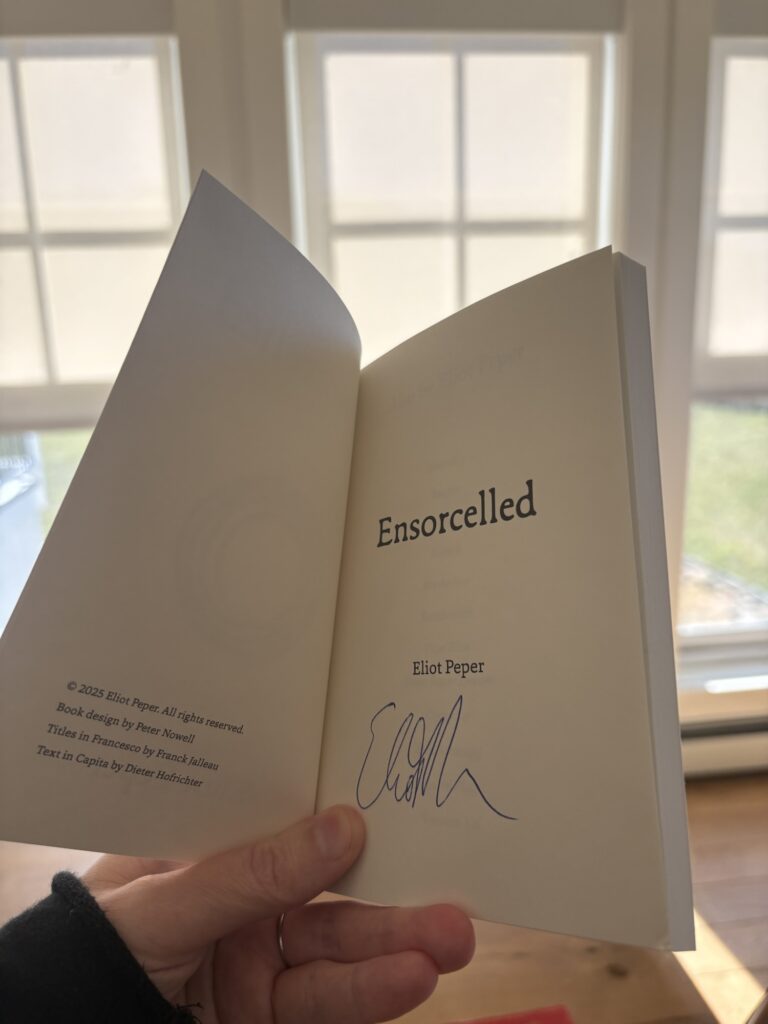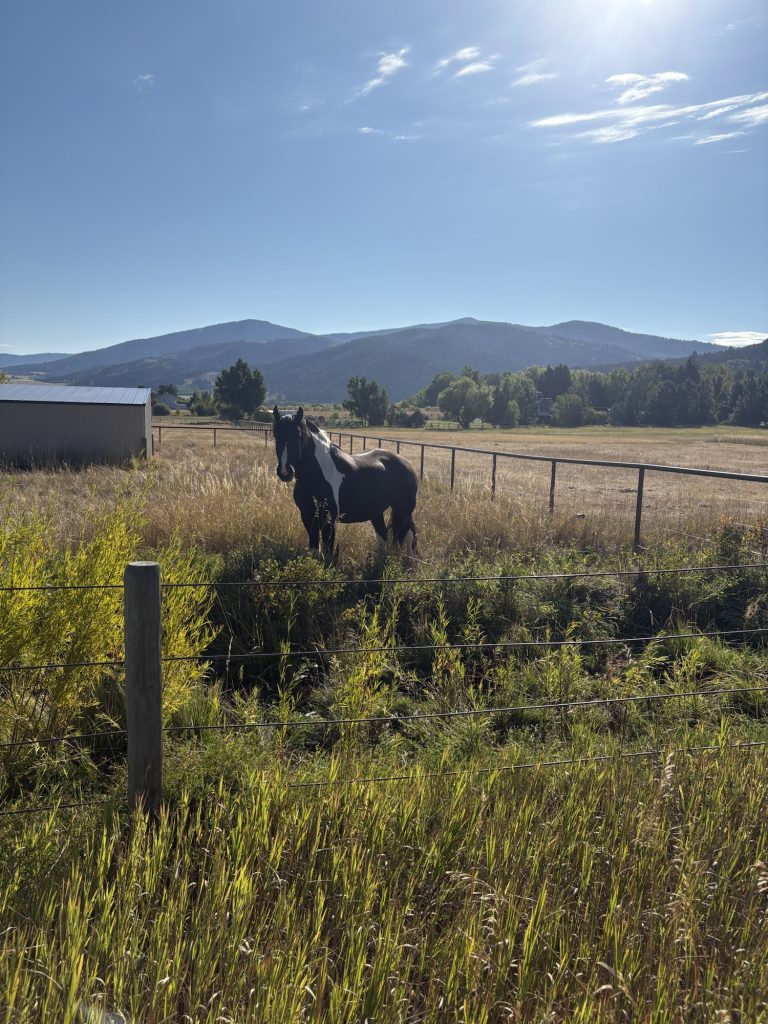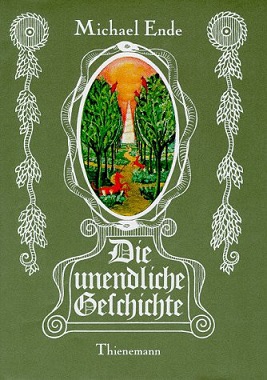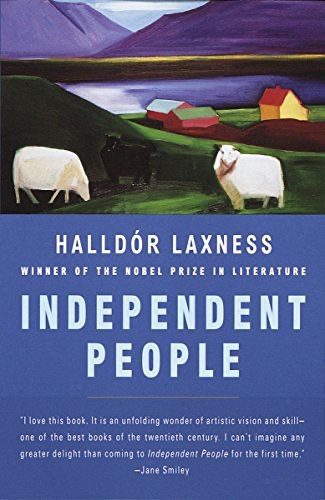I pulled into Nazareth was feelin’ about half past dead. I’m not actually in Nazareth, but I am feeling the weight of my travel and I do feel half past dead.
Laying in bed I’ve got The Weight’s classic on repeat along with remixes and algorithm recommendations. For what it’s worth Buffalo Springing is a mood that leads to Jefferson Airplane for me.
So I quote my way through today and encourage feeling my moods as I try to come down. There’s something happening here but what it is ain’t entirely clear. It was true then and it’s true now and I know it’s hard.
You can put the load back on me and go ask Alice if you need. But if you go chasing rabbits and you know you are going to fall, remember what the dormouse said. Feed your head.
The playlists of my parents and of the Silicon Valley counter cultural era can help guide by turning to the past to make sense of the present. And if it starts for you well, as I said go ask Alice what the dormouse said.
Logic and proportion have indeed fallen sloppy dead. And I am working to feed my head. But maybe Alice would encourage feeding my heart if any of us had thought to ask. So I am taking a load off. And I’ll put the load right on you. We can make it if we all stick together.
